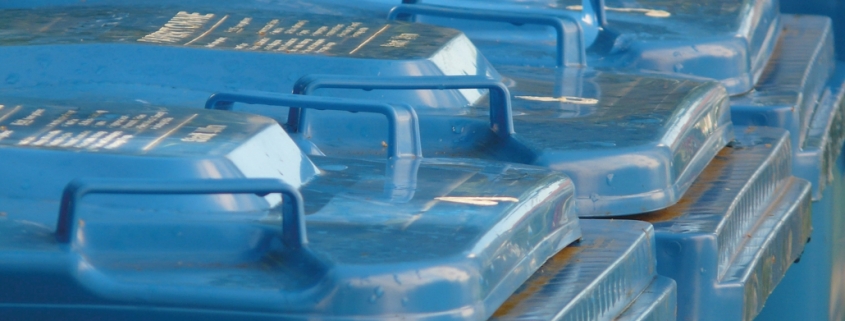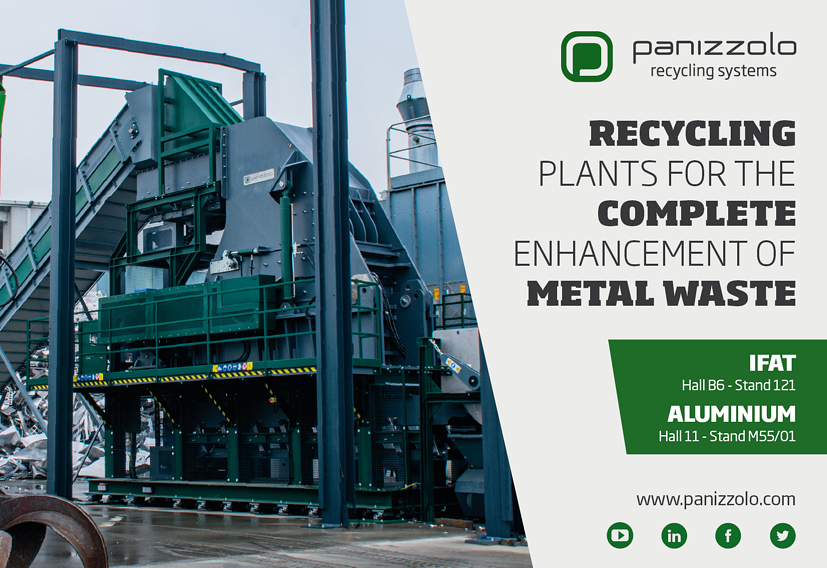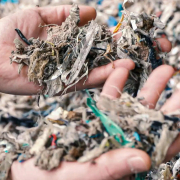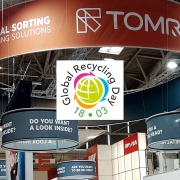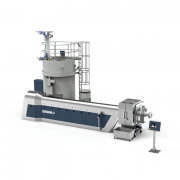Initiatives to Intensify Recycling
In November last year, politicians introduced two legislation acts.
As reported, the United States Senators Rob Portman and Debbie Stabenow introduced a new legislation – the Recycling Enhancements to Collection and Yield through Consumer Learning and Education Act (RECYCLE Act) – to create a new federal grant program through the Environmental Protection Agency (EPA) to help educate households and consumers about their residential and community recycling programs. Cosponsors of this legislation are the senators Susan Collins, Ron Wyden and Todd Young.
This legislation would help to increase recycling rates and reduce contamination in the recycling stream, they argue. Reports had indicated that consumer confusion on how to properly recycle would be one of the top recycling challenges and that education and outreach both increase participation in recycling and decrease contamination. On his homepage, Rob Portman emphasized that – according to EPA – the recycling rate in the country is 35.2 percent. Furthermore, nine billion US-Dollar worth of recyclable materials were thrown away each year, which would present a big opportunity to improve the nation’s recycling systems. “In addition, recycling offers numerous environmental and economic benefits, including diverting materials from landfills, using less energy to reprocess recycled material – which reduces emissions – and creating jobs”. EPA’s 2016 Recycling Economic Information (REI) Report had found that recycling supported more than 757,000 jobs and 6.7 billion US-Dollar annually in tax revenues.
If realized, the RECYCLE Act would:
- Authorize annually 15 million US-Dollar over five years in grants to States, local governments, Indian tribes, nonprofits, and public-private partnerships to educate and inform consumers and households about their residential and community recycling programs.
- Direct EPA to develop a model recycling program toolkit in order to improve recycling rates and decrease contamination in the recycling stream.
- Require EPA to more frequently review and revise, if appropriate, its comprehensive procurement guidelines, which designate products containing recycled materials and provide recommended practices for federal agencies to purchase such products.
Some days earlier, U.S. Representatives Tony Cárdenas and Larry Bucshon had introduced the “Realizing the Economic Opportunities and Value of Expanding Recycling (RECOVER) Act”. It would allocate federal grants to states and municipalities to invest in improving their recycling programs and infrastructure, including upgrading plants that receive and process recyclables and enhance the recovery and collection of materials. According to Tony Cárdenas, the RECOVER Act would encourage local and state governments to invest in recycling programs and new technologies to increase collection rates and promote consumer education. “This grant would support public-private partnerships and will help communities across the nation to expand and modernize our country’s recycling infrastructure. This bill would create new jobs, boosts our economy, and, ultimately, it is good for American families and the environment.” As reported by the media, the bill would allocate 500 million US-Dollar in matching federal funds for states, municipalities, and tribes. RECOVER is also to support the establishment of a recycling infrastructure program within the EPA. Furthermore, the bill would require the agency to submit a progress report to Congress no later than two years after implementation.
While many industrial associations welcome the RECYCLE Act, the RECOVER Act is not supported by all industry sectors.
(GR12020, Page 40, Photo: Hans Braxmeier / Pixabay)

